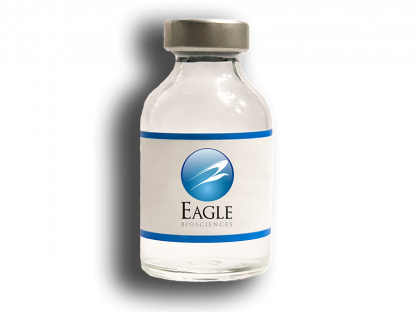L-Kynurenine rabbit Polyclonal Antibody
The L-Kynurenine rabbit Polyclonal Antibody is For Research Use Only
Validated for IHC in human tumor tissues, the anti-L-Kynurenine (Kyn) rabbit polyclonal antibody proved to work at 1/500 dilution on paraffin-embedded sections, (a single vial caters approximately 100 stainings).
Synonyms: KYN polyclonal antibody, (S)-Kynurenine polyclonal antibody, L-2-Amino-4-(2-aminophenyl)-4-oxobutanoic acid antibody, Kynurenine polyclonal antibody, β-Anthraniloyl-L-alanine polyclonal antibody
Immunogen: Conjugated L-Kynurenine
Specificity: When tested in competitive ELISA, the anti-L-Kynurenine polyclonal antibody did not show any significant cross reactivity with competitors including anthranilic acid, 3-OH-Kynurenine conjugate and Tryptophan.
Size: 50µl
Storage: 4°C
Affinity & Specificity:
Competitive ELISA shows that low amounts of L-Kynurenine conjugate are required to abolish antigen-antibody reaction (high affinity), while rising concentrations of anthranilic acid conjugate do not affect reaction (high specificity).
L-Kynurenine (KYN) Background
L-Kynurenine, the first stable metabolite of the kynurenine pathway, is synthesized from LTryptophan by indoleamine 2,3-dioxygenase (IDO1/2) or tryptophan 2,3-dioxygenase (TDO2) enzymes. Used as a biomarker of tryptophan degradation through the kynurenine pathway in various immune-related disorders, L-Kynurenine is known to activate the Aryl hydrocarbon Receptor (AhR), thereby exerting immunomodulatory effects and potentially promoting tumor immune escape. As a precursor of both neurotoxic and neuractive metabolites, L-kynurenine is also monitored in the context of CNS disorders such as Parkinson’s and Alzheimer’s diseases, depression, schizophrenia, …
Related Products
Kynurenic Acid Polyclonal Antibody
L-Kynurenine Monoclonal Antibody
Kynurenic Acid Monoclonal Antibody


